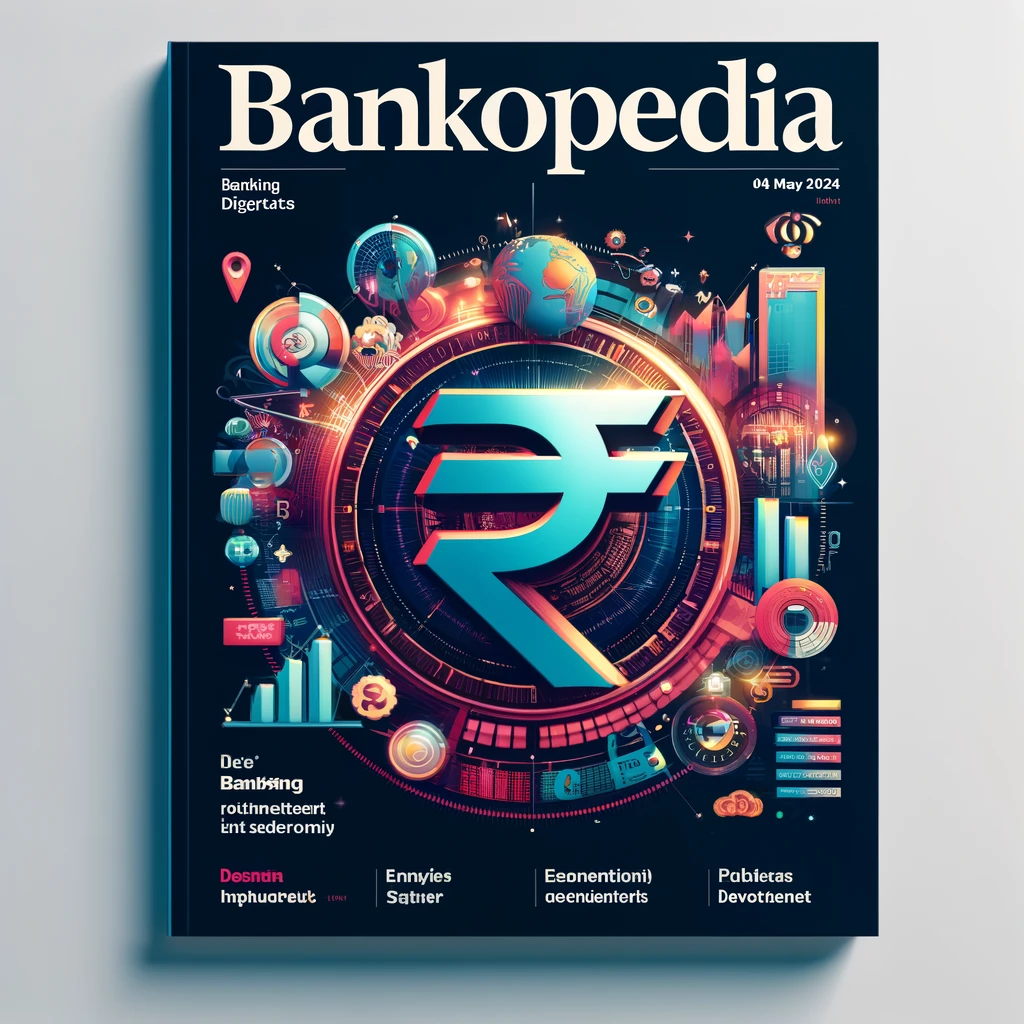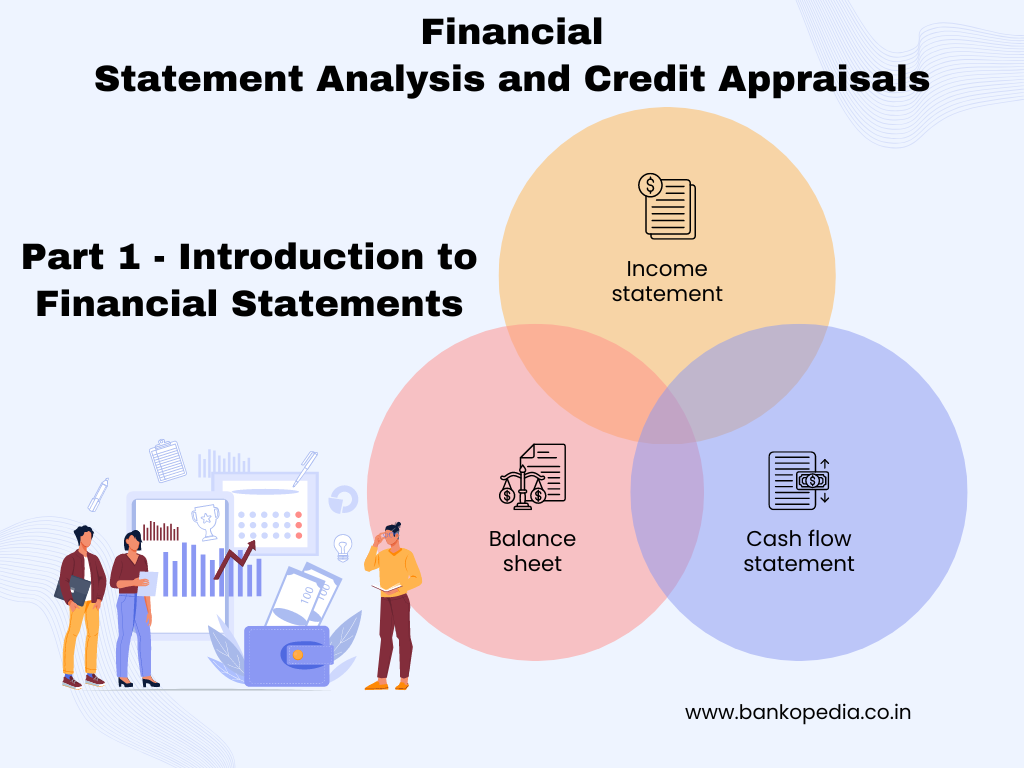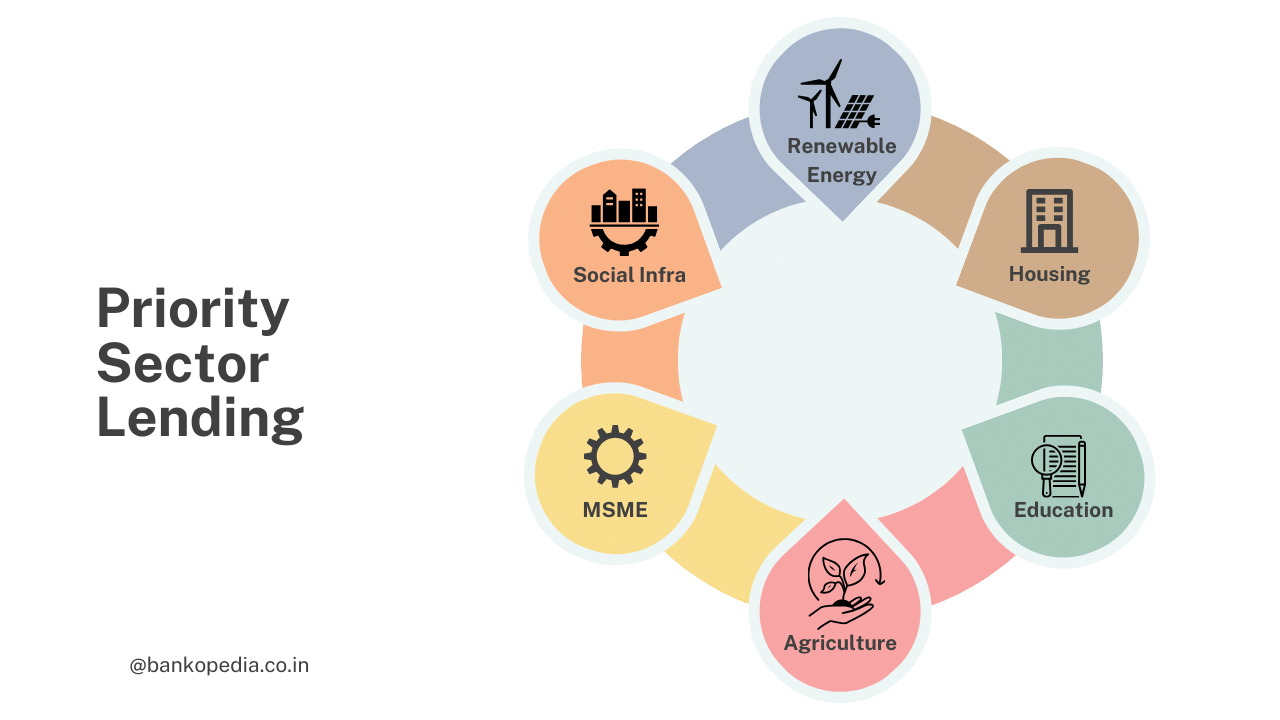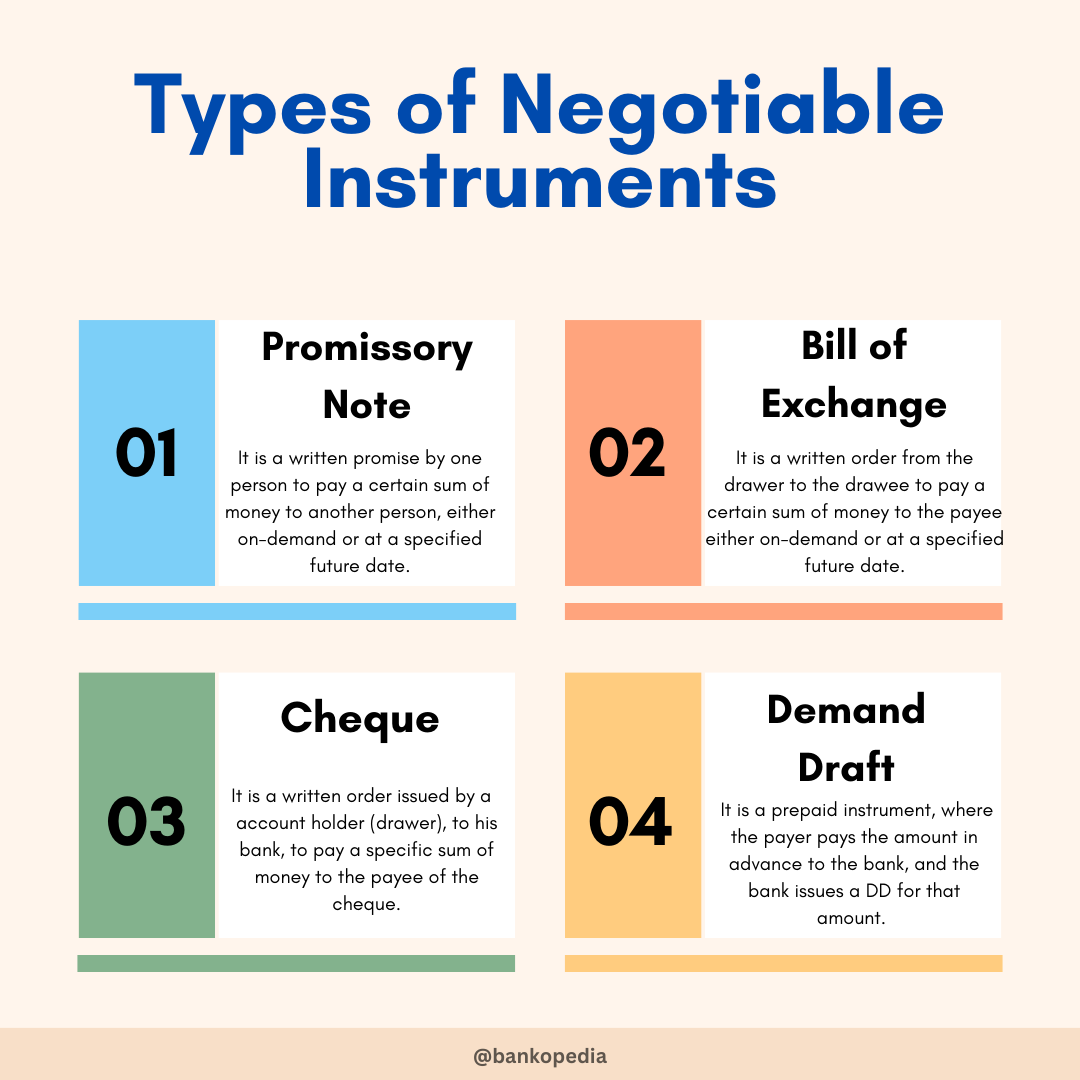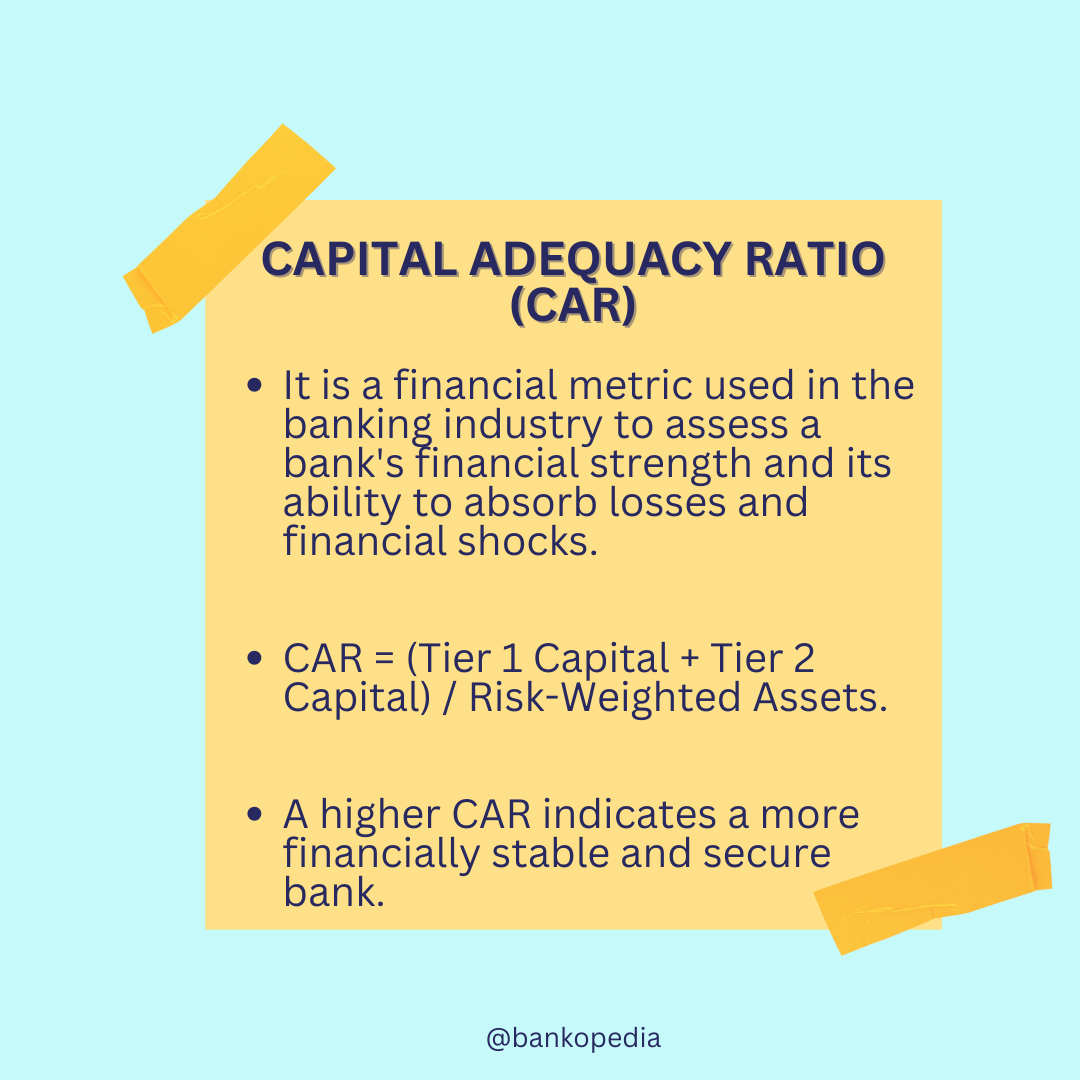Welcome to Daily Banking Digest, your premier source for the latest news and insights on May 04, 2024, focusing on banking, the economy, and finance. Our platform offers a comprehensive overview of the day’s most critical financial stories, market trends, and economic developments. Whether you’re a professional in the financial sector, an investor monitoring market movement, or someone interested in staying informed about the economic landscape, Daily Banking Digest provides reliable, up-to-date information.
Join our Telegram Channel for Daily PDF in your Inbox – Click Here
Table of Contents
RBI Expands Foreign Currency Funding Access for Primary Dealers
The Reserve Bank of India (RBI) has expanded funding options for standalone primary dealers (SPDs) by allowing them to borrow in foreign currency. This move aims to enhance the liquidity and depth of the Indian Government securities (G-Sec) market, particularly in light of India’s inclusion in global bond indices.
Key Points:
Expansion of Funding Sources for SPDs: – SPDs can now borrow in foreign currency from parent/correspondent entities or central banks. – They can also avail overdraft in nostro accounts for operational reasons.
Background: – India’s inclusion in global bond indices is expected to attract significant foreign investment in G-Sec market. – SPDs play a crucial role in the G-Sec market as intermediaries.
Risk Management: – SPDs must report foreign currency drawals exceeding prescribed limits within 15 days. – Authorized dealers (ADs) must report OTC FX and foreign currency interest rate derivative contracts to the Trade Repository of CCIL.
Trade Repository Compliance: – ADs must reconcile outstanding balances between their books and the Trade Repository on an ongoing basis.
Mandatory ETO Testing Implemented for Indian Spice Exports to Singapore and Hong Kong
India’s Spices Board has implemented mandatory testing for ethylene oxide (ETO) in spices exported to Hong Kong and Singapore. This move follows the suspension of sales of Indian spice brands in these countries due to high ETO levels. The decision aims to address concerns about ETO contamination and ensure compliance with stringent pesticide and chemical residue norms in developed countries.
Key Points:
Mandatory ETO Testing: – Testing for ETO is now mandatory for all spices exported to Hong Kong and Singapore. – The measure took effect on May 6, 2024.
ETO Usage in Spice Mixes: – Spice mix manufacturers use ETO to prevent the growth of microorganisms. – ETO treatment is a cost-effective method.
International ETO Standards: – Singapore allows 50 ppm of ETO. – Hong Kong has zero tolerance for ETO. – The US accepts 7 ppm of ETO. – The EU and UK accept 0.10 ppm of ETO.
Previous ETO Issues: – Hong Kong and Singapore suspended sales of Indian spice brands MDH and Everest due to high ETO levels. – India previously made ETO testing mandatory for spices exported to the EU and UK after rejections in 2021.
Industry Response: – The industry supports mandatory testing as a necessary step for damage control.
Reactive Approach: – Indian food regulators are criticized for taking a reactive approach to contaminant testing, implementing measures only after import bans. – A proactive approach based on past experiences is recommended.
RBI Levies Monetary Penalty on Satara Sahakari Bank Limited
The Reserve Bank of India (RBI) has imposed a monetary penalty of Rs 2 lakh on The Satara Sahakari Bank Limited, Mumbai, for non-compliance with banking regulations and RBI directives on capital adequacy. The penalty is a result of deficiencies in regulatory compliance and is not intended to pass judgment on the validity of any transactions or agreements entered into by the bank.
Key Points:
- Penalty Imposed: RBI has imposed a monetary penalty of Rs 2 lakh on The Satara Sahakari Bank Limited, Mumbai.
- Reason for Penalty: Non-compliance with provisions of the Banking Regulation Act, 1949, and RBI directives on capital adequacy for primary (urban) cooperative banks.
- Statutory Inspection: RBI’s statutory inspection revealed discrepancies in the bank’s compliance with RBI directives.
- Notice Issued: RBI issued a notice to the bank, advising it to show cause as to why a penalty should not be imposed.
- Bank’s Response: The bank’s response to the notice revealed that it allowed the refund of share capital despite its low Capital to Risk-Weighted Assets Ratio (CRAR).
- Purpose of Penalty: The penalty is intended to address deficiencies in regulatory compliance and is not a judgment on the validity of any transactions or agreements entered into by the bank.
- Other Actions: The penalty is without prejudice to any other action that may be initiated by RBI against the bank.
CARE Ratings Subsidiary Receives Sebi Approval for ESG Ratings
The Securities and Exchange Board of India (Sebi) has granted approval to CARE ESG Ratings, a subsidiary of CARE Ratings Ltd, to provide environmental, social, and governance (ESG) ratings. These ratings will assist issuers in identifying areas for improvement in their sustainability performance.
Key Points:
Approval Granted: – Sebi has approved CARE ESG Ratings to provide ESG ratings.
ESG Rating Activity: – CARE ESG Ratings will commence its ESG rating activity under the Sebi (Credit Rating Agencies) Regulations.
Benefits of ESG Ratings: – Enable issuers to assess their sustainability performance and take steps for improvement. – Provide an independent viewpoint on businesses’ sustainable growth journey.
Market Adoption: – Investors and stakeholders are increasingly adopting ESG-based reporting and performance.
Other ESG Rating Providers: – Sebi has also approved ICRA’s Pragati Development Consulting Services Ltd and Crisil’s Crisil ESG Ratings & Analytics to offer ESG ratings.
Regulatory Amendment: – Sebi amended its regulations in 2023 to allow ESG rating providers to register under the CRA (Credit Rating Agencies) norms.
HDFC Bank’s Part-Time Chairman, Atanu Chakraborty, Receives RBI’s Approval for Reappointment
The Reserve Bank of India (RBI) has approved the re-appointment of Atanu Chakraborty as the part-time Chairman of HDFC Bank for a three-year term, effective May 5, 2024. Chakraborty has held this position since May 2021 and has a background in the Indian Administrative Service (IAS) and the Ministry of Finance.
Key Points:
- RBI Approval: RBI has approved the re-appointment of Atanu Chakraborty as part-time Chairman of HDFC Bank.
- Term: The re-appointment is for a three-year term, effective May 5, 2024.
- Background: Chakraborty has been the Part-Time Chairman and Independent Director of HDFC Bank since May 2021.
- Government Service: Chakraborty served the Government of India for 35 years as a member of the IAS in Gujarat cadre.
- Retirement: He retired as Secretary to Government of India in the Ministry of Finance- Department of Economic Affairs (DEA) in April 2020.
FSSAI Relaxes Pesticide Residue Limits for Herbs and Spices
India has increased the maximum allowable pesticide residue level in herbs and spices by tenfold, raising concerns among activists about the impact on exports and domestic consumption. The move allows for higher levels of pesticides in imported products and could lead to increased pesticide consumption by Indian consumers.
Key Points:
Increased Pesticide Residue Limit: – FSSAI has raised the maximum residue limit (MRL) for pesticides in herbs and spices to 0.1mg/kg from 0.01mg/kg.
Impact on Exports: – The increased MRLs could make Indian spices ineligible for export to certain markets with stricter pesticide regulations.
Increased Pesticide Consumption: – The move could lead to increased pesticide consumption by domestic consumers, raising health concerns.
Unregistered Pesticides: – The order also increases MRLs for pesticides not registered in India, allowing for their use on imported products.
Cumulative Effects: – Spices may contain multiple pesticides, and the cumulative effects of these residues could pose health risks.
RBI Proposes Framework for Infrastructure Financing
The Reserve Bank of India (RBI) has proposed new guidelines for project lending to facilitate infrastructure development while managing risk. These guidelines include minimum exposure requirements for banks in consortium lending, norms for defining credit events, and restrictions on moratorium periods.
Key Points:
Minimum Exposure in Consortium Lending:
- For aggregate exposure up to Rs 1,500 crore, each lender must have a minimum exposure of 10%.
- For aggregate exposure over Rs 1,500 crore, individual exposure must be at least 5% or Rs 150 crore, whichever is higher.
Moratorium on Repayments:
- Banks are discouraged from designing finance agreements with moratoriums beyond the date of commencement of commercial operations (DCCO).
- If a moratorium is granted, it cannot exceed six months from the DCCO.
Repayment Tenor:
- The original or revised repayment tenor, including any moratorium period, cannot exceed 85% of the project’s economic life.
Land Availability for PPP Projects:
- For infrastructure projects under the public-private partnership (PPP) model, 50% or more land availability is considered sufficient for financial closure.
Disbursal of Funds:
- Disbursal should be proportional to the stages of project completion and equity infusion by the promoter.
Net Present Value (NPV):
- A positive NPV is a prerequisite for project financing.
- Any subsequent diminution in NPV during construction due to changes in cash flows or project life-period is considered a credit event.
Revaluation of NPV:
- Lenders must undertake independent revaluation of the project NPV every year.
NSE Board Approves Generous Bonus Issue and Dividend Payout
The National Stock Exchange (NSE) has approved a 4-to-1 bonus issue, subject to shareholder and regulatory approval. The bonus shares will increase stock liquidity and make it more affordable for investors. The board has also recommended a final dividend of Rs 90 per share for the financial year ended March 2024.
Key Points:
Bonus Issue: – NSE board approves 4-to-1 bonus issue. – Investors will receive four shares for every share held on the record date. – Bonus shares will increase stock liquidity and lower the stock price.
Eligibility: – Shareholders who own shares before the record date are eligible for bonus shares.
Dividend: – NSE board recommends a final dividend of Rs 90 per share. – Dividend will be paid within 30 days of the AGM, if approved by shareholders.
NSE’s Role: – NSE is one of the world’s largest exchanges. – It was the first exchange in India to implement electronic trading. – NSE operates a market ecosystem that promotes transparency and efficiency.
Sebi Issues Show-Cause Notices to Six Adani Group Entities
Six Adani Group companies have received show-cause notices from SEBI for alleged violations related to related party transactions, listing rules, and auditor certificates. The companies have received legal opinions suggesting that the notices are unlikely to have an impact, but auditors have issued qualified opinions indicating potential future adjustments to financial statements. The notices follow SEBI’s investigation into allegations made by Hindenburg Research.
Key Points:
1. Show-Cause Notices Issued: – Six Adani Group companies have received show-cause notices from SEBI.
2. Alleged Violations: – Violations include related party transactions, non-compliance with listing rules, and validity of auditor certificates.
3. Legal Opinions: – Companies have received legal opinions suggesting the notices are unlikely to have an impact.
4. Qualified Opinions from Auditors: – Auditors of Adani Enterprises, Adani Ports & SEZ, Adani Power, and Adani Energy Solutions have issued qualified opinions.
5. SEBI Investigation: – Notices follow SEBI’s investigation into allegations made by Hindenburg Research.
6. Related Party Transactions: – SEBI has identified 13 specific related party transactions under investigation.
7. Hindenburg Report: – Hindenburg Report questioned the appropriateness of over 6,000 related party transactions.
Consumer Confidence Soars to Highest Level in Over Five Years
The Index of Consumer Sentiments in India has reached its highest level since March 2019, indicating a positive outlook among consumers. However, there are disparities across regions and income groups, with rural areas and lower income segments experiencing a decline in sentiment.
Key Points:
Overall Consumer Sentiment: – Index of Consumer Sentiments at its highest level since March 2019. – All-India consumer sentiment increased by 5% compared to April 2019.
Regional Disparities: – Rural consumer sentiment at its highest level since 2019. – Urban consumer sentiment dipped to a seven-month low.
Income Group Disparities: – Lowest income segment (earning less than Rs 1 lakh) experienced a 3.4% decline in consumer sentiment. – Income groups earning between Rs 2 lakh and Rs 10 lakh also faced declines. – Highest income group (earning more than Rs 10 lakhs) had the largest decline of 12.5%. – Only income group between Rs 1 lakh and Rs 2 lakh experienced an increase of 8.3%.
Expectations for the Future: – 27.92% of household income groups expect better conditions for their families in the next year.
Government Levies 40% Export Duty on Onions Effective May 4th
The Indian government has implemented new import and export regulations for onions and other commodities. A 40% export duty has been imposed on onions, while the import duty on desi chana has been exempted until March 31, 2025. Additionally, the duty exemption on yellow pea imports has been extended until October 31, 2024. These changes are effective from May 4, 2023.
Key Points:
Export Duty on Onions: – 40% export duty imposed on onions. – Export ban remains in place, except for shipments to friendly nations.
Import Duty Exemption on Desi Chana: – Duty exemption on desi chana imports until March 31, 2025.
Extension of Duty Exemption on Yellow Peas: – Duty exemption extended on yellow pea imports covered by bills of entry issued on or before October 31, 2024.
Effective Date: – Changes effective from May 4, 2023.
India’s Services Exports Growth Declines in FY24: RBI Data
India’s services exports experienced a slowdown in FY24, growing by only 4.9% to $341.1 billion. However, net services exports grew robustly by 13.6% due to a decline in services imports. The slowdown is attributed to base effects and lower demand from developed economies. Despite the slowdown, a strong services trade surplus is expected to narrow the current account deficit in FY24.
Key Points:
Services Exports Slowdown: – Services exports grew by a modest 4.9% to $341.1 billion in FY24. – The slowdown is attributed to base effects and lower demand from developed economies.
Net Services Exports Growth: – Net services exports grew by 13.6% to $162.8 billion. – This growth was driven by a 2% contraction in services imports.
Factors Contributing to Slowdown: – Base effects from strong growth in previous years. – Lower demand from developed economies due to stable growth and high interest rates.
Trade Deficit and Current Account Deficit: – Merchandise exports contracted by 3.2% in FY24, leading to a trade deficit of $240.2 billion. – A robust services trade surplus is expected to narrow the current account deficit to around 1% of GDP in FY24.
Global Capability Centres (GCCs): – GCCs are specialized facilities established by multinational companies in India. – GCCs have grown significantly in recent years, contributing to professional services exports. – The rise of GCCs is expected to support services surplus in FY25.
Services Exports Outlook: – Services exports are expected to moderate in FY25 due to weakness in developed market growth. – Software services exports may face challenges, while other business services are expected to continue growing.
India’s Global Trade Position: – India’s rank among leading exporters of commercial services remained unchanged at 5 in 2023. – India’s rank dropped to 6 among major importers of commercial services.
MSMEs: Key Contributors to India’s Employment Landscape
The McKinsey Global Institute (MGI) report highlights the significant contribution of micro, small, and medium enterprises (MSMEs) to India’s economy, but also identifies areas for improvement in productivity and scale.
Key Points:
Contribution to Employment: – MSMEs contribute 62% to employment in India, lower than 77% in other emerging economies.
Contribution to Business Value Added: – MSMEs contribute 30% to overall business value added, compared to 49% in emerging economies.
Micro-MSMEs Dominance: – The majority of MSME employment is within micro-MSMEs, which have contributed less to top cap companies than in other countries.
Productivity Gap: – MSMEs in India are only 26% as productive as large companies, similar to emerging economies.
Wealthier Economies’ Employment Dynamics: – In wealthier economies, employment shifts from microenterprises to larger enterprises, leading to increased contribution from large businesses.
Interdependence of MSMEs and Large Businesses: – MSMEs and large businesses benefit from mutually beneficial interactions.
Potential for Productivity Improvement: – Narrowing the productivity gap could contribute 10.5% to India’s GDP, particularly in subsectors like computer programming, manufacturing, and chemicals.
Fostering Networks between MSMEs and Large Enterprises: – Connecting MSMEs with large companies can enhance productivity.
Productivity Link between MSMEs and Large Companies: – MSMEs engaged in business-to-business interactions with larger entities have a smaller productivity gap.
GIFT City-based FPIs Permitted to Issue P-Notes to Investors
The International Financial Services Centre Authority (IFSCA) has permitted non-bank entities registered as Foreign Portfolio Investors (FPIs) at the GIFT International Financial Services Centre (IFSC) to issue offshore derivative instruments (ODIs), also known as participatory notes (pnotes). This move aims to boost the appeal of pnotes and increase FPI activity from GIFT City.
Key Points:
Issuance of Pnotes from GIFT City: – IFSCA-registered non-bank entities can now issue ODIs with Indian securities as underlying.
Benefits of Pnotes: – Confidentiality for investors. – Leverage permitted at GIFT City.
Potential Issuers: – FPIs domiciled at GIFT IFSC. – Alternative investment funds (AIFs) with FPI registration.
Regulatory Changes: – Sebi allows non-resident Indians to own up to 100% of FPIs registered at GIFT City. – Budget 2022 recognized ODIs issued by FPIs at IFSC.
Tax Implications: – Exemption of capital gains on transfer of ODIs by non-resident investors and distribution by ODI issuers is needed.
Historical Context: – Pnotes were popular before 2007 but lost appeal due to stricter norms. – Currently, pnotes account for around 2% of total FPI AUC.
